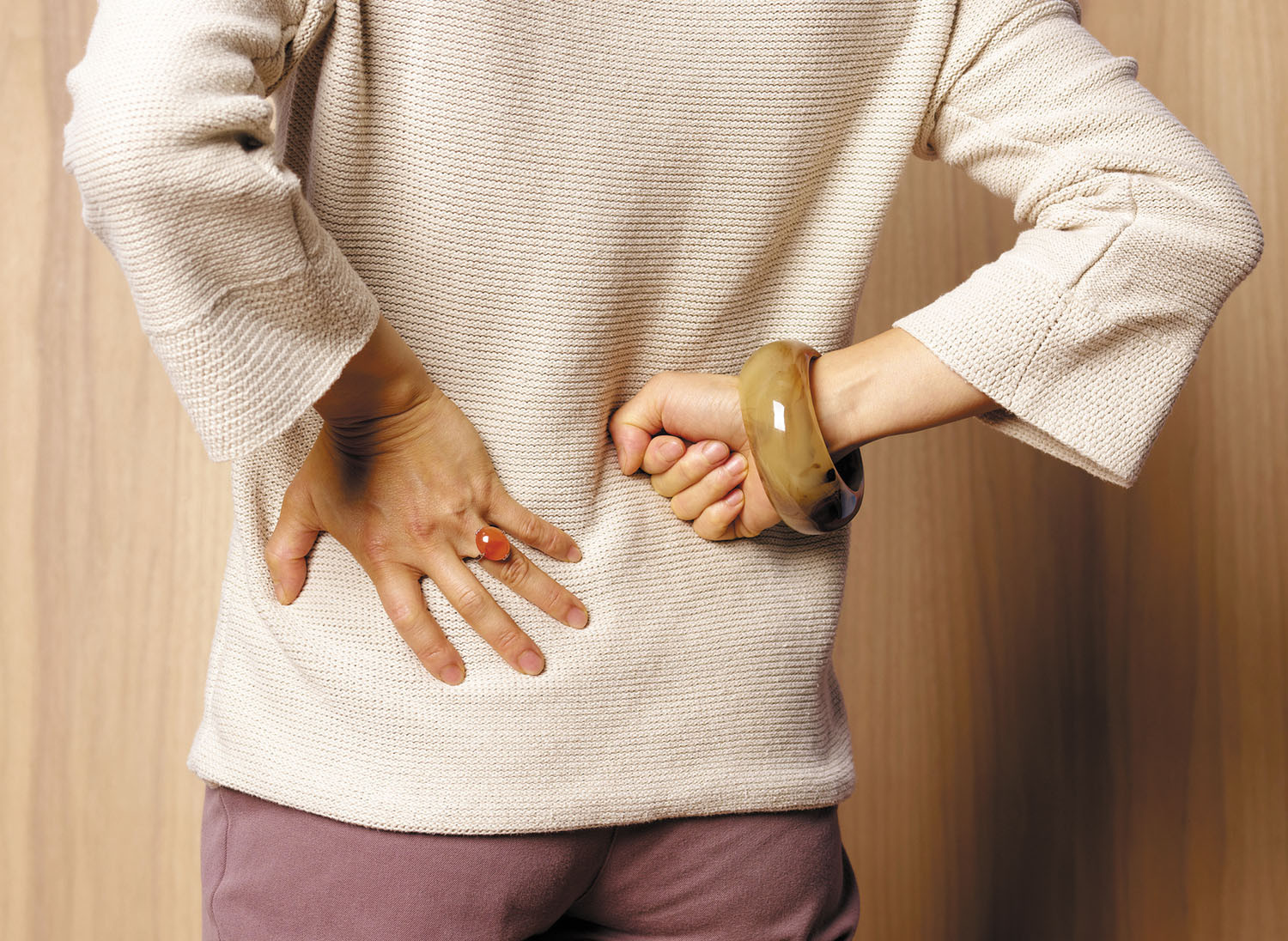Can a kidney stone go away on its own?
Ask the doctors

Q. After a recent evening of pain, chills, and difficulty urinating, I learned I have a kidney stone. Will it need to be treated, or can it resolve on its own?
A. It depends on what happens next. With an estimated one in every 11 Americans experiencing kidney stones at some point in their lives, you're certainly not alone. These hardened deposits of minerals and salts that form inside the kidneys can trigger pain so excruciating it's compared to childbirth. The larger a stone — which can range from pea-sized to more than an inch wide — the more likely it will get stuck in the urinary tract, blocking the flow of urine.
If this happens — which can lead to dangerous infection — a kidney stone might need treatment. Urologists use various procedures to remove stones or make them easier to pass, including surgery or lithotripsy (a technique that uses either shock waves or lasers to break the stones into smaller pieces). But smaller kidney stones may pass on their own, albeit painfully. Dehydration is a top cause of kidney stones, so make sure you drink plenty of fluids each day to prevent future episodes.
Image: © Peter Dazeley/Getty Images
About the Authors

Toni Golen, MD, Editor in Chief, Harvard Women's Health Watch; Editorial Advisory Board Member, Harvard Health Publishing; Contributor

Hope Ricciotti, MD, Editor at Large, Harvard Women's Health Watch
Disclaimer:
As a service to our readers, Harvard Health Publishing provides access to our library of archived content. Please note the date of last review or update on all articles.
No content on this site, regardless of date, should ever be used as a substitute for direct medical advice from your doctor or other qualified clinician.
















